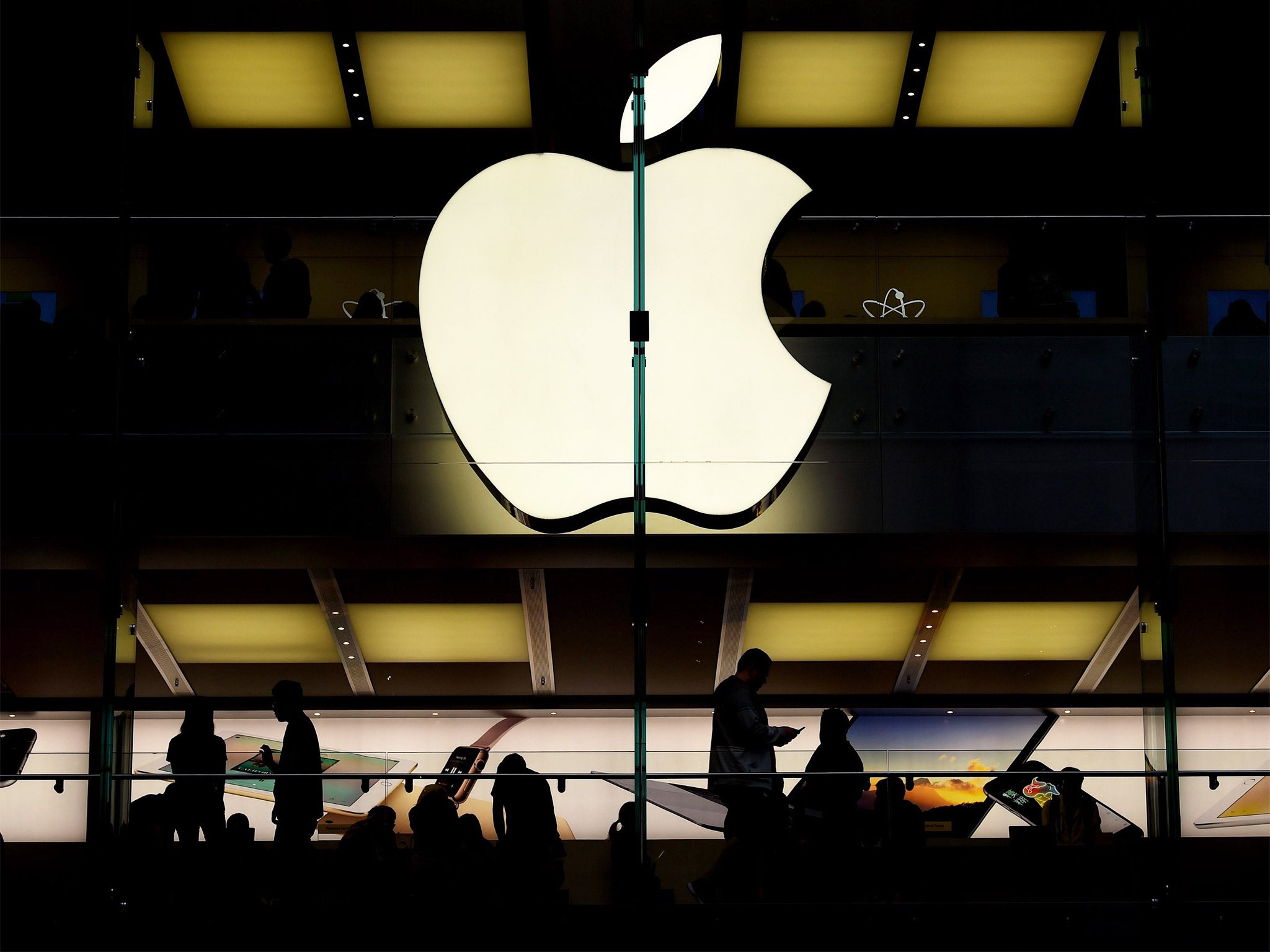Apple: Has the tech giant finally lost its bite?
A staggering one billion people now own one of its iPads iPhones or iPods – but the company has not had a blockbuster product launch since 2012

All is not well on board the spaceship. Apple’s futuristic headquarters in Cupertino, California, is not due to open until later this year, but for pessimists the $500m (£350m) building already reeks of hubris. Where to now, Apple?
It seems churlish to be critical of a company that just announced record quarterly sales of $74.8bn with gross margins remaining at almost 40 per cent. In 2015, Apple generated 14 times more revenue than Facebook. In a technology hardware market that has lost lots of steam over the past 12 months, those are still mightily impressive numbers. And yet its critics grow, happy to see it forced into a corner.
So how much trouble is Apple really in? Almost nine years after its launch, the iPhone still dominates Apple’s revenue. According to Tim Cook, the chief executive, the company sold 74.8 million of the handsets in the last quarter of 2015.
Speaking on a conference call, he added: “To put that number into some perspective, that is an average of over 34,000 iPhones per hour, 24 hours a day, seven days a week for 13 straight weeks.”
Impressive thought that is, it is not past performance that counts, it is future performance – and on that front Mr Cook was much more downbeat. Almost every industry is facing tough headwinds right now and Apple is no different. Mr Cook went so far as to admit that falling commodity prices and failing currencies were drastically reducing the numbers of people who can afford to buy its products. “We’re seeing extreme conditions unlike anything we’ve experienced before just about everywhere we look.”
He remained bullish about the long-term potential of Asian markets and Apple has no plans, yet, to cut investment in the region.
So are Apple’s critics on to something? In some ways, it is a victim of its own success. Having set the bar absurdly high and then cleared it comfortably for years, there had to come a time when it could no longer maintain that pace. And so the revenue plateau and disappointing growth forecast that came along with Tuesday’s earnings announcement should not really come as a huge shock.
Although anyone following Apple closely should have been ready for it, its shares still fell 5 per cent when Wall Street opened, the biggest one-day fall in nearly five months. The real problem is that Apple hasn’t had a blockbuster, a product to revolutionise a market, since the introduction of the iPhone 5S in 2012. Siri might never win The Voice but as far as Apple’s phone innovations go, it was the last big breakthrough.
While much of the excitement about the next iPhone, the 5SE, surrounds the size of its screen or changes to the headphone jack, as it does right now, the magic doesn’t feel quite so … well … magic. Giving an old phone a makeover is not the same as bringing a brand new device to Apple’s devoted customers.
Those iPhone sales, gargantuan though they may be, are themselves a headache for Apple. The smartphone dominates sales – producing almost 70 per cent of all revenue – to an extent that should have everyone at Apple concerned. Several of its other products, including the iPad and the Mac, are in steady decline. The iWatch, launched to great fanfare almost a year ago, has barely made it on to the sales radar. A second generation iWatch – rumoured to be launched in March or the autumn, depending on where you read about it, is unlikely to turn the ship around.
AppleTV is also yet to make much of an impression on revenue, despite heavy investment. It is a up against a crowded marketplace, where it is competing against Netflix and Amazon, two rivals that are a match for Apple’s technology and are capable of slugging it out.
A huge investment in cars, Apple’s so-called Project Titan, is a long way from payday – a project that management is rumoured to be so unhappy about that a hiring freeze has been in place.
To add insult to injury, Apple is also facing a problem over which it spent many years beating up Microsoft: technology glitches. Safari, the in-house web browser installed on all Apple products, has experienced crashes and there are new threats to its entire iPhone iOS operating system. These are problems that Apple’s customers are not used to dealing with, problems that if not successfully tackled could do lasting damage to the company’s market dominance. And yet, 99 problems or not, all is far from lost. Apple is sitting on a huge amount of cash, probably more than $140bn even if it repatriates the whole pile to the US and pays its tax bill. That limits its downside, no matter where that cash happens to be stashed.
A period of stagnant growth is not the end of the world, particularly against a backdrop of increasing global economic uncertainty. The fact that about one billion people now own an Apple product gives the company an incredible platform to leverage against. Most analysts (and few on Wall Street appear willing to bet against it) believe that its future growth is more likely to come from embedded services such as Apple Pay and Apple Music rather than hardware like the iPhone – recurring revenue sources rather than one-off hardware purchases.
But until those services start driving a bigger chunk of revenue, doubts will remain and critics will shout louder. At the worst possible time, Apple is facing its toughest challenge since the iMac dragged it out of the ashes almost 20 years ago.
Join our commenting forum
Join thought-provoking conversations, follow other Independent readers and see their replies
Comments
Bookmark popover
Removed from bookmarks